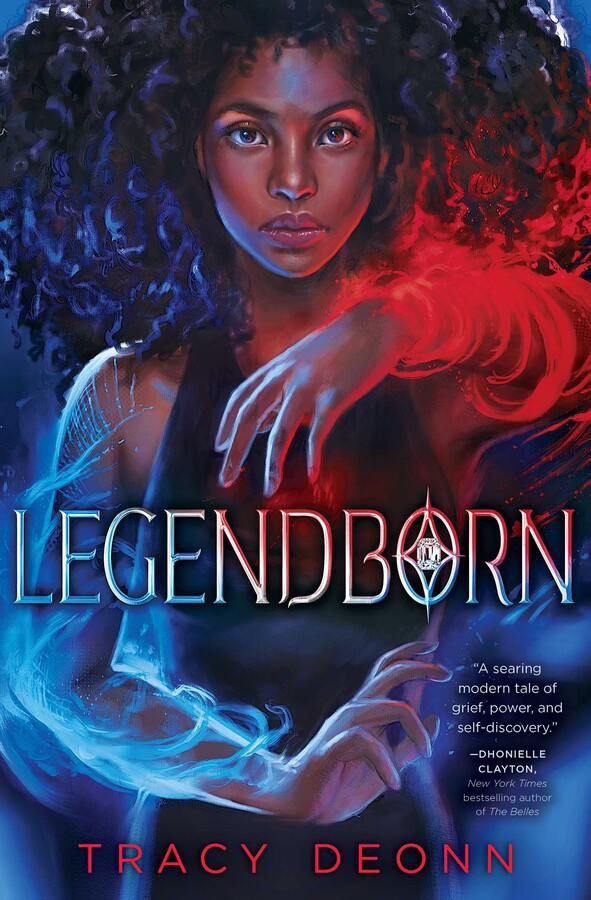I’ve been pulled deep into Dark Academia’s orbit, because it is the aesthetic I’ve been unknowingly building my whole life, and because of this I watched DEAD POETS SOCIETY for the first time in a very long time last night.
Sometimes I’ll watch a movie that I haven’t watched in a long time and realize that it is one of the threads woven into the fabric of my very being. It’s true of LABYRINTH. It’s true of Tim Burton’s BATMAN. And it’s true of DEAD POETS SOCIETY.
I don’t know when I first saw this movie, only that in the ten years between its release and my high school graduation, it came to hold a special place in my heart. It was a constant cultural presence.
On the day our textbooks were issued in AP English, our teacher pointed out that there was an essay introduction not unlike that written by the apocryphal J. Evans Pritchard, PhD. He said that we would not be ripping it out of the book, but that we should ignore it.
To keep from having the dull inflected practice of the Latin teacher’s declension lesson in the movie, my Latin teacher had us stand on the desks as we shouted verb endings. When I became a Latin teacher, I did the same thing. In my first year of teaching, my students O Captain My Captained me after I assigned DPS for them to watch on a day that I was out sick. I thought, “Well, I have achieved a teacher’s dream in my first year, guess it’s time to retire.”
When I started this viewing, I thought, “Surely it won’t be as amazing as years of distance have made it seem,” but it is. (Is it without flaw? Of course not. And yet, still stunning.)
No matter what anybody tells you, words and ideas can change the world.
Mr. Keating said this and I held my breath. Here he had articulated something that lives at the very core of who I am.
I don’t want to spoil too much, though I feel like a 31 year old movie should be past the statute of limitations, but I’ll say this: a student dies in the film. And when the prep school administrator is speaking to the other students about this death in an assembly, here is what he says:
“He was a fine student. One of our best. He will be greatly missed.”
I got a little ragey. A fine student? I got a little horrified, as that’s kind of been my identity for much of my life. I got a little…
WHAT IS IT ALL FOR?
Why are people fine students, and why is THAT the thing you would remark on? This same character was kind, joyful, welcoming, compassionate. Isn’t that more important than being a fine student?
Looking at it from a realistic perspective, the administrator probably didn’t know the student well enough to know anything about him except that he was a fine student.
But in the moment, that’s not what mattered to me. I looked at myself and I asked myself, “Why? What was I a fine student for?” This character, I think he was a fine student out of duty, a sense of obligation to his family. When I talked to W. about it, he pointed out that I enjoy learning more broadly, and that there is value in learning. But I tossed back, “But you can learn a lot without being a fine student.”
I guess this is what it took for me to crack after devoting almost my entirely life to education in one way or another, especially my professional life. Here I am approaching the end of a PhD, and asking myself WHY DO WE EVEN SCHOOL?
There are reasons, and I’ve also been reading about unschooling, and I’m not going to break with school.
I just want to be sure it’s not the only remarkable thing in my or my family’s life.

